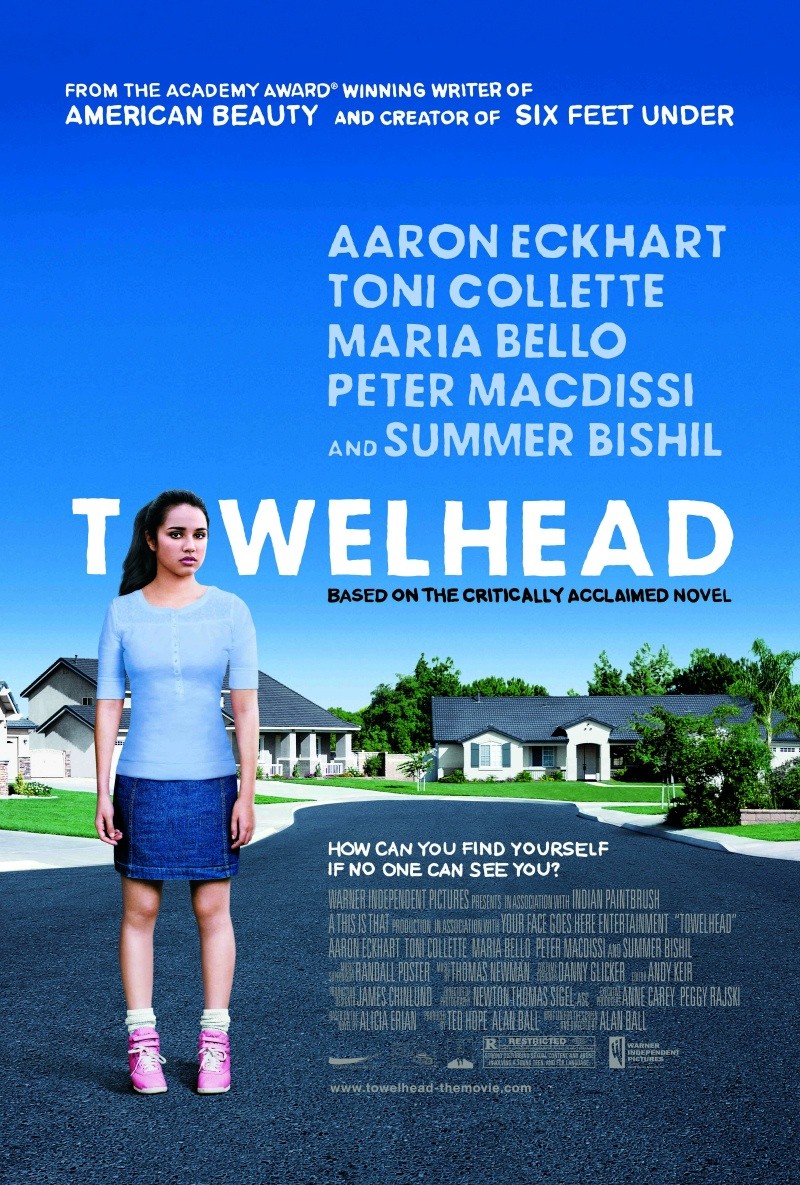There’s an op-ed in today’s Chicago Tribune is about the value of televised debates. It was written by my dad, Newton Minow, and his frequent co-author, Northwestern professor Craig LaMay. This week is the anniversary of the very first Presidential debate, the legendary Kennedy-Nixon broadcast from Chicago in 1960. Both candidates and most historians believe it played a decisive role in the outcome of the election.
Slate has a good video review of the highlights (or rather low points) of the past debates from Ford’s fumble on Eastern Europe to Al Gore’s sighs and George H. W. Bush looking at his watch as though he was bored.
On Monday, Dad and Professor LaMay participated in a panel discussion at the Paley Center for Media (formerly the Museum of Television and Radio) about the history and future of the debates with the producer of the Kennedy-Nixon debate, Don Hewitt (who would go on to produce “60 Minutes”), and Newsweek’s Jonathan Alter. From the audience, Kennedy advisor Ted Sorensen recalled briefing the candidate and former debates co-chair Rita Hauser, who recalled the 27-minute audio breakdown in the Carter-Ford debate and the wry comment by one-time Presidential candidate Eugene McCarthy that he didn’t notice.
My dad is the only person to have helped organize every Presidential debate in U.S. history. He and LaMay have written a book, Inside the Presidential Debates: Their Improbable Past and Promising Future .
.
In today’s op-ed, they describe the improved format of this year’s debates,
designed to get the candidates to talk directly to each other, rather than to the moderator. The 90-minute forum will be broken into segments, each devoted to a particular subject. This new format is a direct response to voter preferences and can only improve what are already the most genuine events of a campaign that is otherwise a carefully scripted and uninformative run of television news sound bites and (mostly negative) advertisements.
And they respond to criticism that the candidates merely recite canned answers:
The televised debates are the only place in the modern campaign where voters get the opportunity to compare the candidates and their views and see them think on their feet. Yes, the candidates will anticipate questions and prepare answers in advance. Who would expect otherwise? This is the biggest contest on the American electoral stage.
More important than what happens in the debate is what it means for American citizens.
You are smarter than the pundits and political professionals. After you watch tonight’s debate, turn off your television and avoid the spin that follows. Talk about the debate with your family, co-workers, friends, neighbors. Then go see what the pundits have to say, and whether you think they got it right. It is your judgment and your vote that counts, not theirs.
Finally, we confidently predict the winner of tonight’s debate and those still to come: the American voter.

